Resources
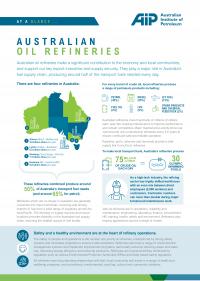
Date
Description
Australian oil refineries make a significant contribution to the economy and local communities, and support our key export industries and supply security. They play a major role in Australia’s fuel supply chain, producing around half of the transport fuels needed every day.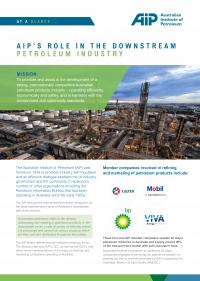
Date
Description
The Australian Institute of Petroleum (AIP) was formed in 1976 to promote industry self-regulation and an effective dialogue between the oil industry, government and the community. It replaced a number of other organisations including the Petroleum Information Bureau that had been operating in…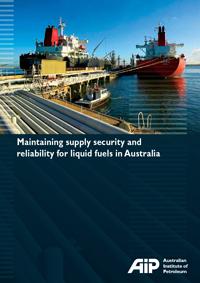
Date
Description
AIP has produced a new publication – Maintaining Supply Security and Reliability for Liquid Fuels in Australia – which provides a factual overview of the liquid fuels market and supply chain in Australia. It also details the key factors influencing the secure and reliable supply of liquid fuels to…Date
Description
The NOSEC is a committee of the Ministerial Council on Energy (MCE) and provides the main executive channel through which Commonwealth and State Governments formulate their overall management response to a national liquid fuel emergency. The task of the NOSEC is to ensure that the Federal…Date
Description
There is an extensive range of Federal, State/Territory and Local government regulations and legislation applying to refineries and businesses operating in the downstream petroleum industry. Some of the key regulations are outlined below. Formal Price Monitoring On 17 December 2007, under…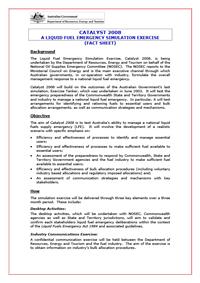
Date
Description
In 2008, the Department of Resources, Energy and Tourism (DRET), on behalf of NOSEC, undertook a Liquid Fuel Emergency Simulation Exercise – 'Catalyst 2008'. The aim of 'Catalyst 2008' was to test the emergency preparedness of the Commonwealth State and Territory Governments and industry to manage…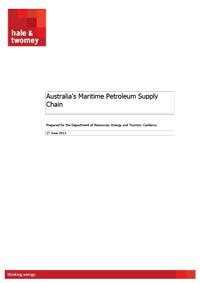
Date
Description
In 2013, Hale and Twomey was engaged by the Federal Department of Resources, Energy and Tourism (DRET) to examine and report on the maritime supply chain and the key role it plays in Australia's petroleum supply chain. The report considers how the maritime supply chain operates for Australia and…Date
Description
AIP has produced a set of basic facts on biofuels in Australia to inform consumers, commentators and other interested parties. AIP has consistently stated that there is a sustainable role for biofuels in the Australian fuels market provided biofuels are competitively priced, have a reliable supply…Date
Description
Liquid Fuel Supply Security and Reliability The Australian liquid fuel supply chain has considerable span and diversity. It includes crude and petroleum product shipments into and around Australia, refinery throughput, bulk fuel storage tanks, extensive terminal and distribution networks, over…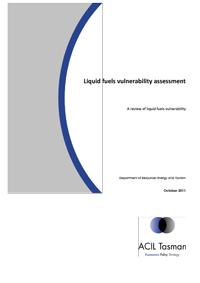 ,
, 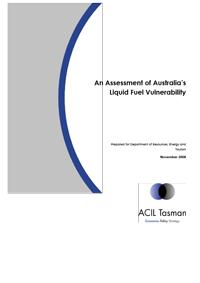
Date
Description
In 2009 and 2011, ACIL Tasman was engaged by the Federal Department of Resources, Energy and Tourism (DRET) to examine Australia's current level of liquid fuel vulnerability and significant trends which may affect this over the short, medium and longer term. The Liquid Fuel Vulnerability…